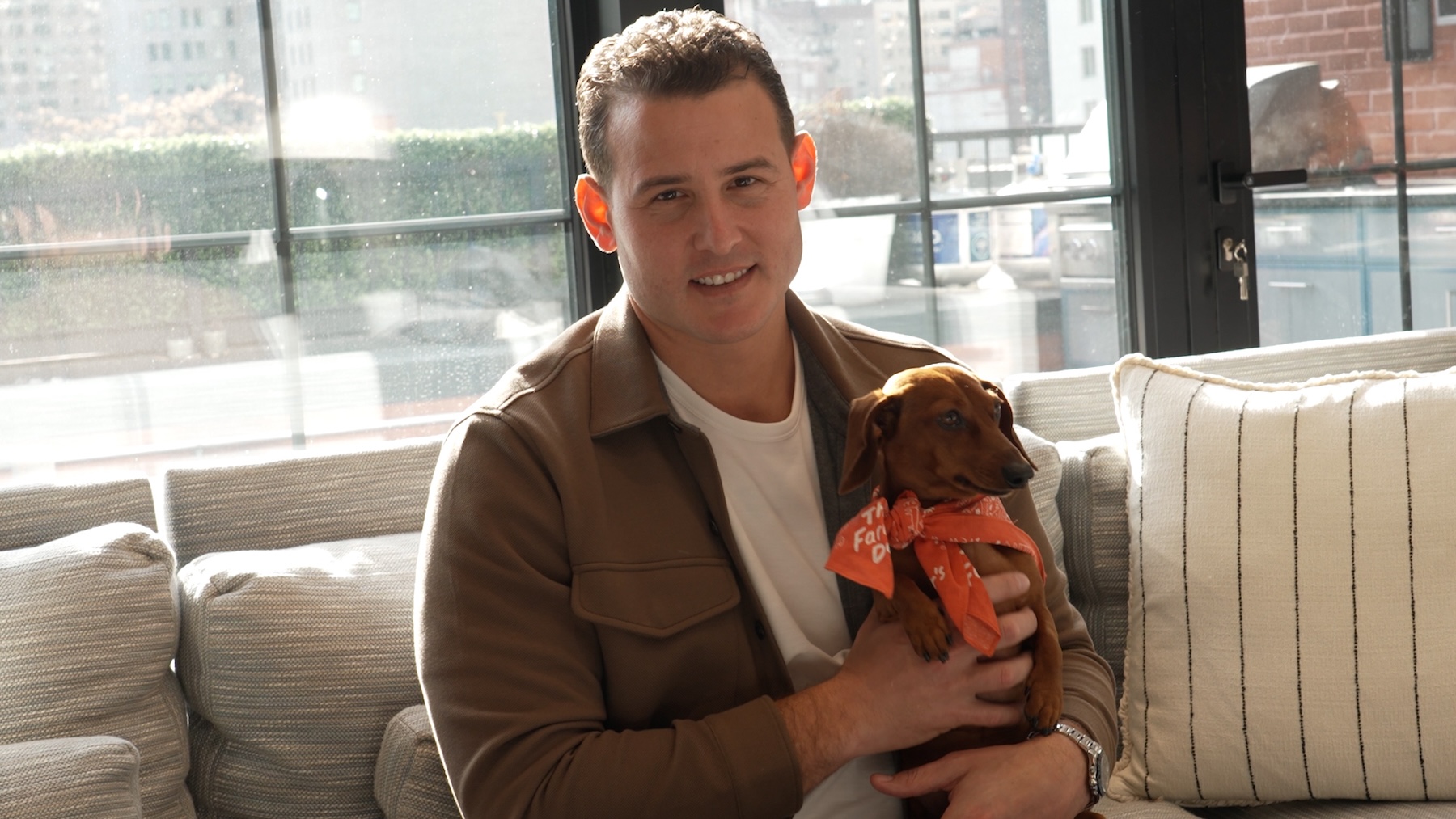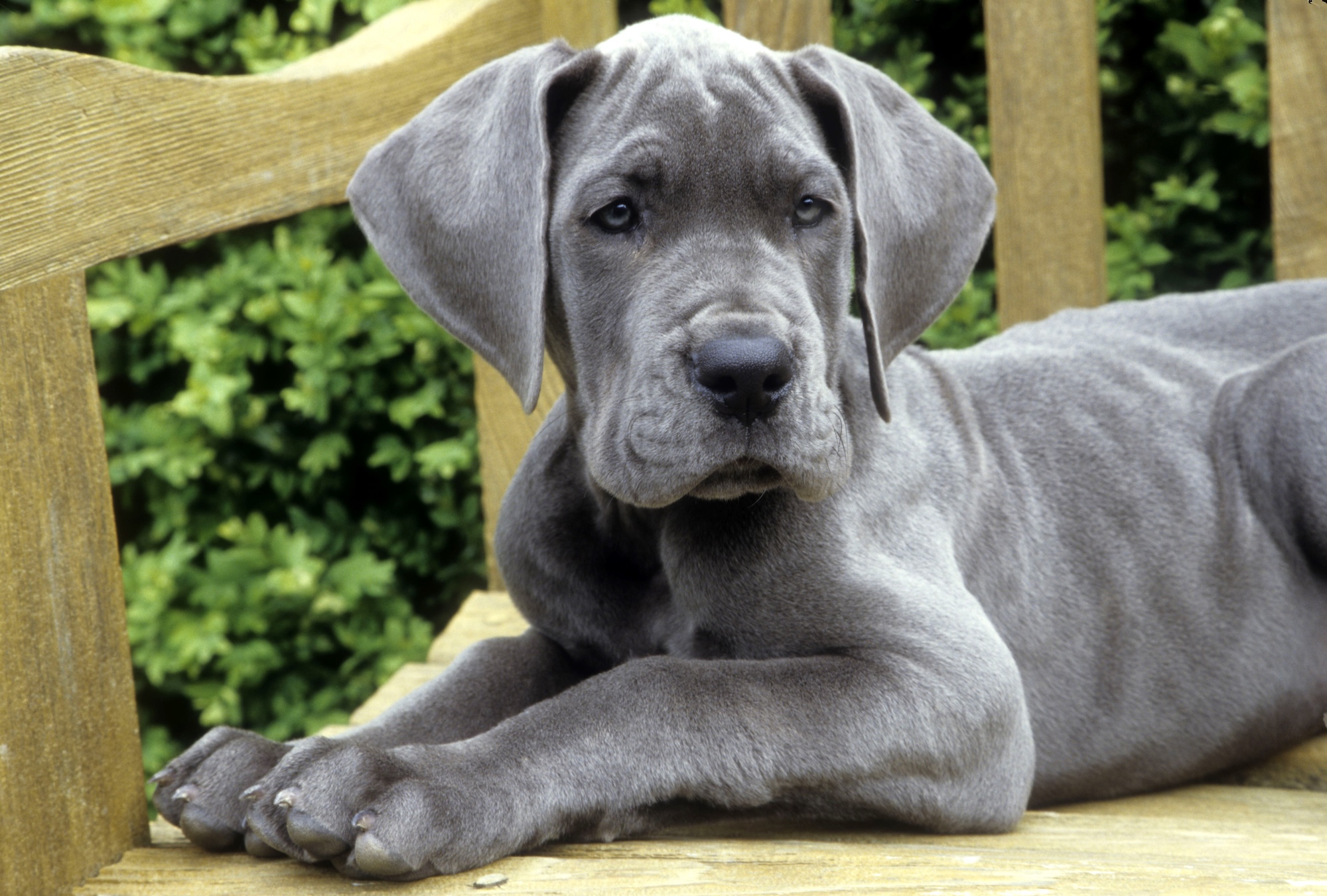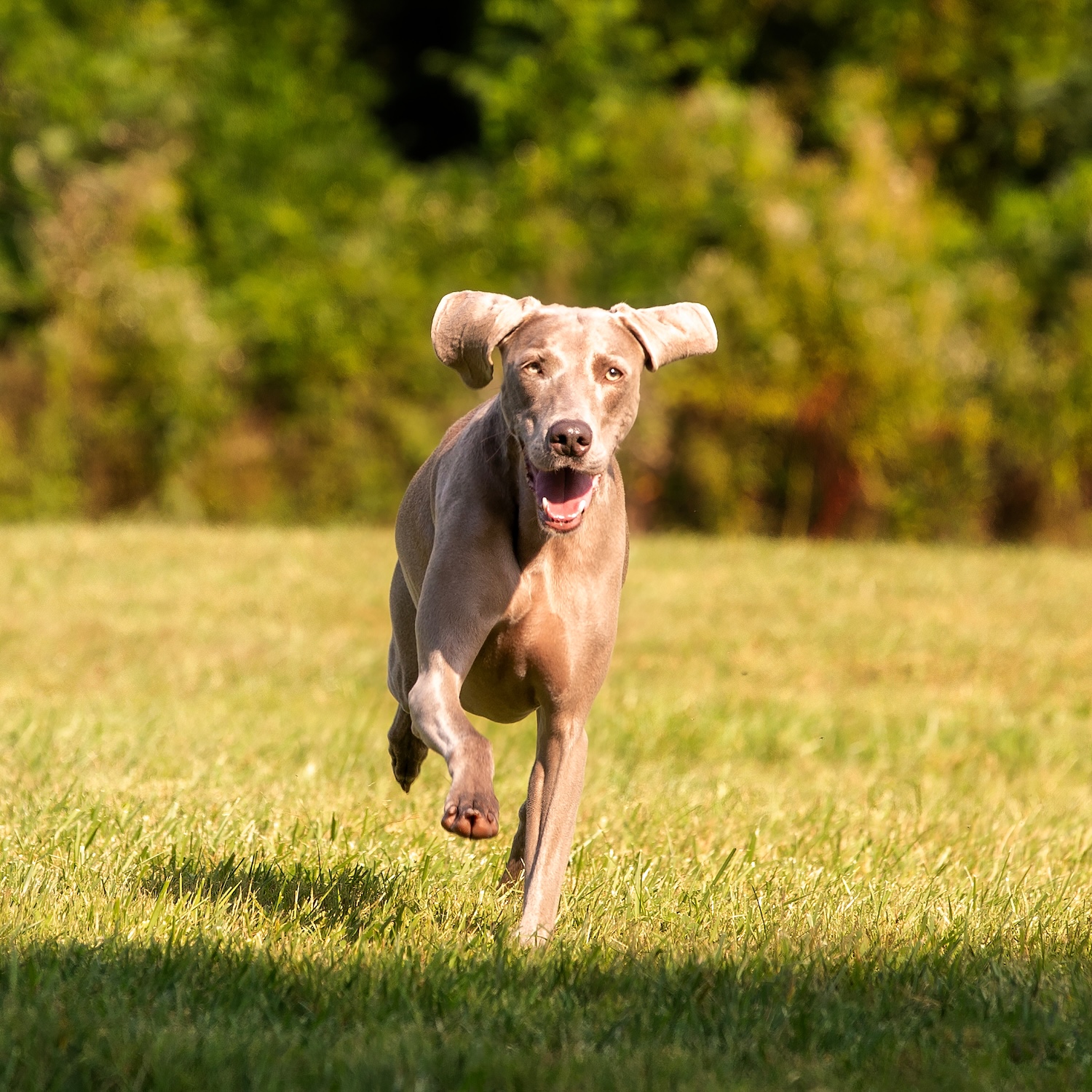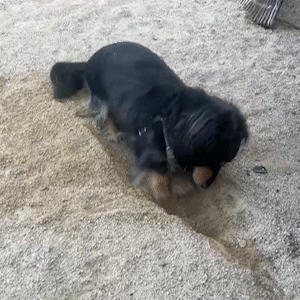
In this article:
- What were dachshunds bred for?
- Do dachshunds inherit digging behavior?
- What are good enrichment activities for dachshunds who like to dig?
- Can I stop my dachshund from digging?
Every 9 months or so, I buy a new mattress topper. This is because my dachshund is allowed to dig into the top of my bed as much as she wants, and eventually she breaks through.
I don’t know anyone else with this specific bedding-sacrifice policy, but many people with dachshunds report that, no matter how much they’ve raised their dog to thrive in a domestic environment and live by human rules, they display a persistent urge to dig—in gardens, at the beach, and, yes, even into innocent pieces of furniture. What accounts for this? Below, we dig deep for the answer.
Dachshunds were bred to hunt animals in holes
Dr. Zachary Silver, a psychology professor who founded the Canine Intelligence Lab at Occidental College, says: “No matter how much we try to with training, we are really not going to be able to overwrite what’s hardwired into [dogs] from an evolutionary perspective.” And, he says, for dachshunds, one hardwired behavior is digging.
Dachshund means “badger dog” in German, and full-size dachshunds were indeed historically bred to hunt badgers. Miniature dachshunds might traditionally be sent into holes to hunt smaller prey, like rabbits. In any event, being able to dig a hole and dive into it was an important skill for dogs with this job—so humans bred dachshunds who showed an affinity for it.
“Terriers were the foundation stock used to create the breed,” says Dr. Stanley Coren, Professor Emeritus at the University of British Columbia and author of The Intelligence of Dogs. “Digging is part of the genetic heritage of all terriers. Their group name is derived from terra—‘Earth’—and they are generically referred to as ‘earth dogs’ since they are programmed to dig.”
Every individual dog is different, so there’s no guarantee that your dachshund will love digging. But, if they do, you can likely thank genetics.
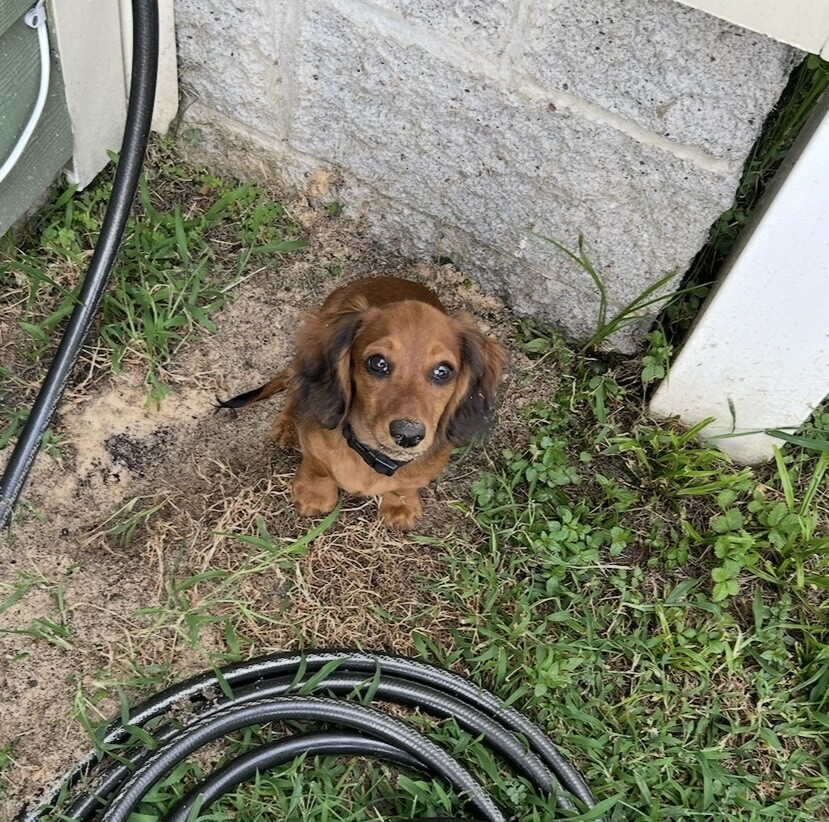
Research shows that some breed-specific behaviors are highly heritable
Maddie Messina, a Certified Applied Animal Behaviorist and founder of Paws for Thought Dog Training in New York City, says that while research suggests some breed generalizations are unsupported stereotypes, and there is huge variation among individual dogs, certain behaviors dogs were bred for are highly heritable. Dr. Coren once told us about six-week-old retrievers who, without any training, already showed the desire and ability to retrieve. And Dr. Erin Hecht of Harvard University has found that dogs bred to retrieve and hunt by sight have brain differences in regions related to vision, eye movement, and spatial navigation.
While the research linked above didn’t specifically pertain to dachshunds’ digging behavior, digging is closely linked to the purpose they were historically bred for.
You can channel your dog’s digging energy into something positive
Because the desire to dig is built into many of them, you won’t get far trying to extinguish it from your dachshund. You may think that their job is to sit around and watch Seinfeld reruns with you, but nature has other ideas.
“We were looking for the dogs that would be most likely to dig, could dig most effectively, and would dig in the presence of distractions,” Dr. Silver says. “Those were the dogs that we bred together to create what is now the dachshund. So it’s going to be very difficult to get them to stop digging.”
Taking that into consideration: If your dog wants to dig, your best bet isn’t trying to suppress those urges. It’s finding an acceptable way to channel them.
“If you try to suppress an innate behavior,” Messina says, “other problem behaviors are going to pop up.”
Instead, Messina recommends solutions like those she’s used with some clients. “Sometimes we’ll create apartment-friendly dig boxes,” she says, that allow dogs to search for treats in a safe setting. She says that scratch pads can be another good choice—and, if you train your dachshund properly, they can help you keep their nails at a healthy length. If you’re not sure whether either of these are right for your dog, or if you’re wondering about the safest way to set them up, talk to your veterinarian.
Dr. Silver recommends toys that simulate digging—that allow dogs to find treats beneath an obstacle of some kind, for example. He’s also a fan of sports like barn hunt and Earthdog, which give dogs a chance to put their instincts to work “hunting” for rodents who are kept safely caged and unharmed.
“What I’ve heard from people who participate in [these events] with their dogs,” Dr. Silver says, “is that the dogs show a lot of signs of fulfillment afterwards. They’re happy to just go home and relax. They don’t feel like they have to continue digging.” In other words, while saying “no” to your dachshund isn’t likely to stop their digging at home, giving them an approved outlet could help them cut back. “If we can create opportunities for them to dig in what we would view as an acceptable or productive way,” Dr. Silver says, “we’re a lot less likely to see that occurring in those maladaptive ways.”
In general, giving your dog adequate physical and mental exercise is a vital part of caring for them. Dogs are intelligent animals who often love a fun job to do. And, like people, they can get bored.

Respect your little excavator
Your dachshund may appear to be a cute, ridiculous creature with tiny legs whose only responsibility is to hang out with you—but remember that they look the way they do because humans bred them for generations to do a job. And, somewhere deep inside, they may still really want to do that job.
“We are at a place right now in society where we expect so much of dogs,” says Messina, “and there’s not really a lot of leeway for dogs to do what they naturally should do. Sometimes we have to leave room for dogs to just be dogs.”
This doesn’t mean that you have to sacrifice your mattress toppers—but you should find a way to give your dog the respect and care they deserve as you try to make their deep desire to dig fit with your human lifestyle.
